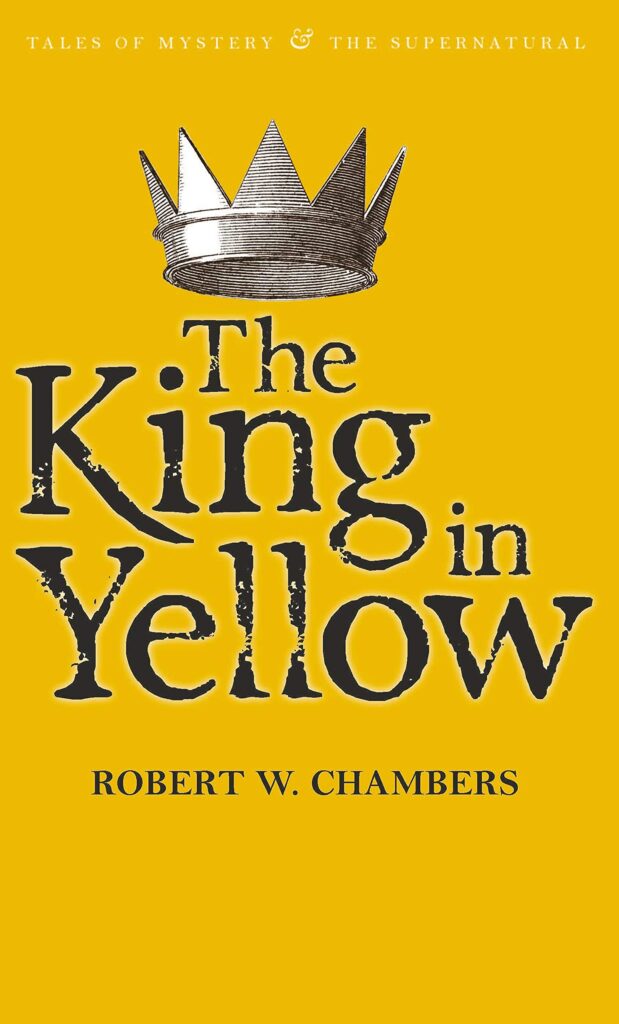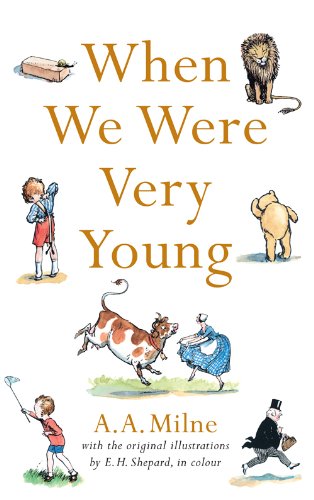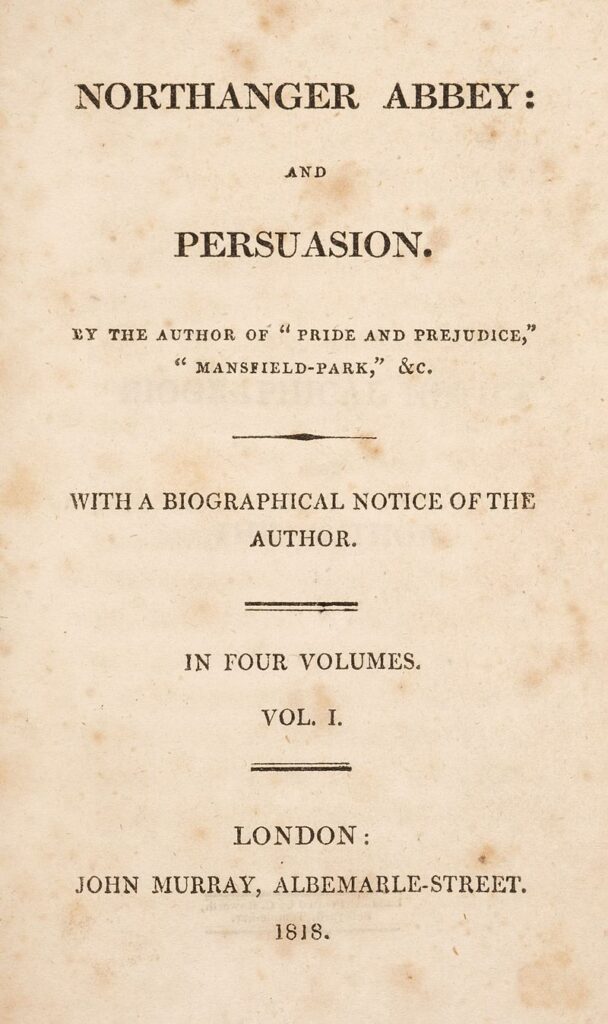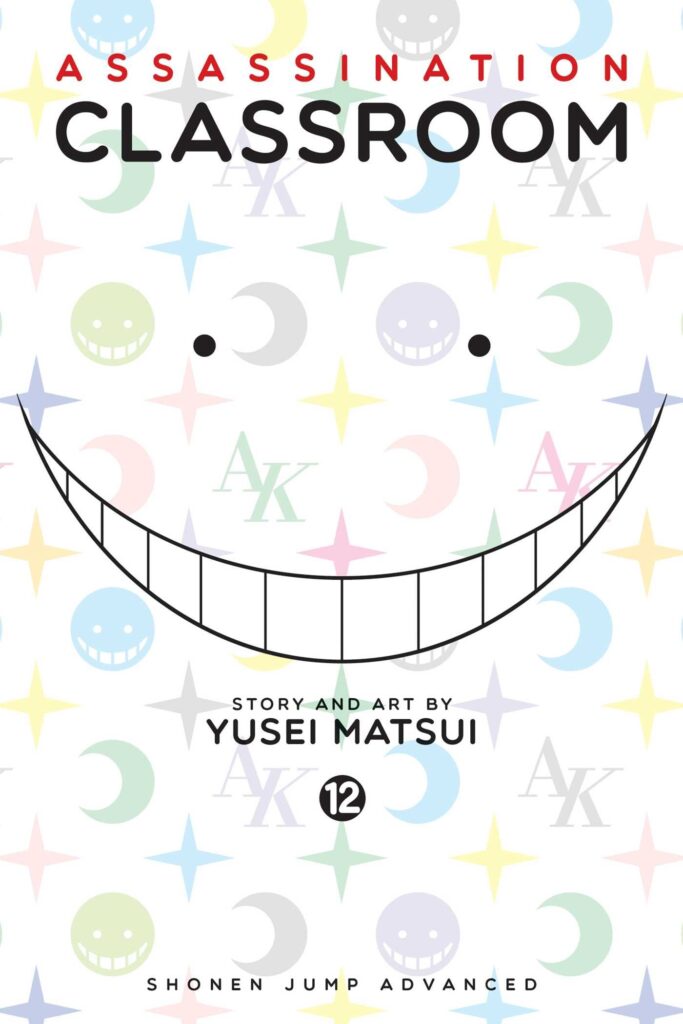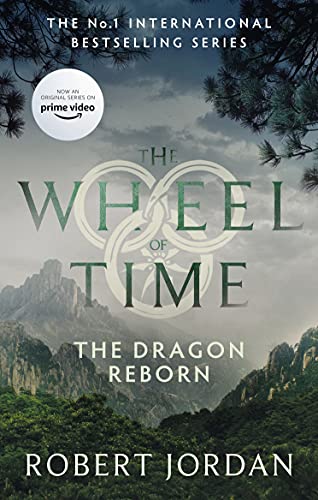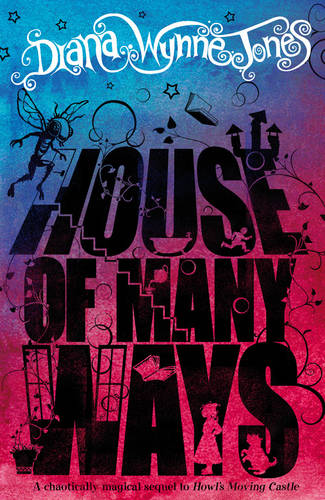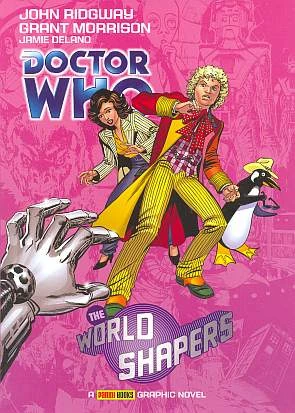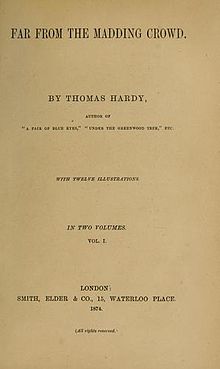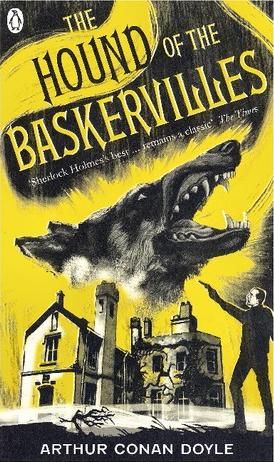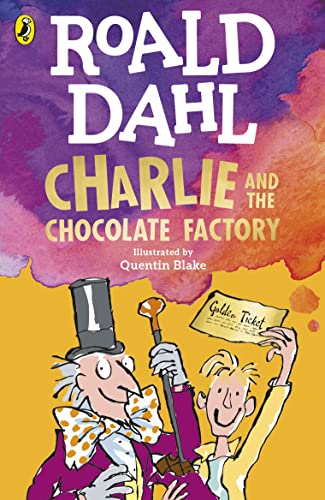The King in Yellow is a book that’s known to have been an influence on H. P. Lovecraft and the Cthulhu mythos, so going in, I expected the stories in this collection to be fairly similar to Lovecraft’s own, but they’re really very different. The biggest difference is that the collection feels a little more literary.
Something that ties (some) of the stories together is The King in Yellow itself. The King in Yellow is a play that, if read, supposedly drives people mad. Only a few little details about the play itself are revealed within the stories, but the implication is that reading it is a truly shocking and harrowing experience. It’s a fun concept, anyway, and I appreciated how it popped up in all different kinds of stories.
Something that was quite interesting about this collection was the fact that there was a lot of variety among the included stories. One of them shows a dystopian future, one is pretty much a straight ghost story, one is a melancholic tale of heartbreak, another is about the horrors of war. You could say that they’re all about horrible experiences that nobody wants to have, but they are all so different from one another.
Despite all the stories being so different, one of the things that I admired most about this collection is a the bohemian feeling that runs throughout it. There are various stories about troubled artists in Paris, and I love that atmospheric way in which their lives and the setting are described – you really get caught up in their mindset and their lifestyle. It’s great.
I kind of wish that The King in Yellow appeared more frequently in the stories, because it’s a concept that I found really interesting. Unfortunately, it’s in less than half of the stories (which was a surprise, because based on the title, I thought it would play a role in all of them), and sometimes its appearance is a relatively small one. Having said that, I certainly don’t want to suggest that the stories without it were lacking, because I loved them, but I had the distinctive feeling of being left wanting more.
My favourite story was possibly ‘The Repairer of Reputations’ which gives a look at the (then future) year of 1920 and its strange political landscape. “The Demoiselle d’Ys” meanwhile was another favourite. It has a ghostly aspect to it, though interestingly, I have seen that some people interpret it as a time travel story (which I guess is just as valid – what happens is a bit ambiguous). If you love pure horror (or strange fiction), you’ll probably love “The Mask” which is about a liquid that can essentially turn anything it touches into a statue – for me, it was easily the most disturbing in the collection.
Score: 8.6/10

